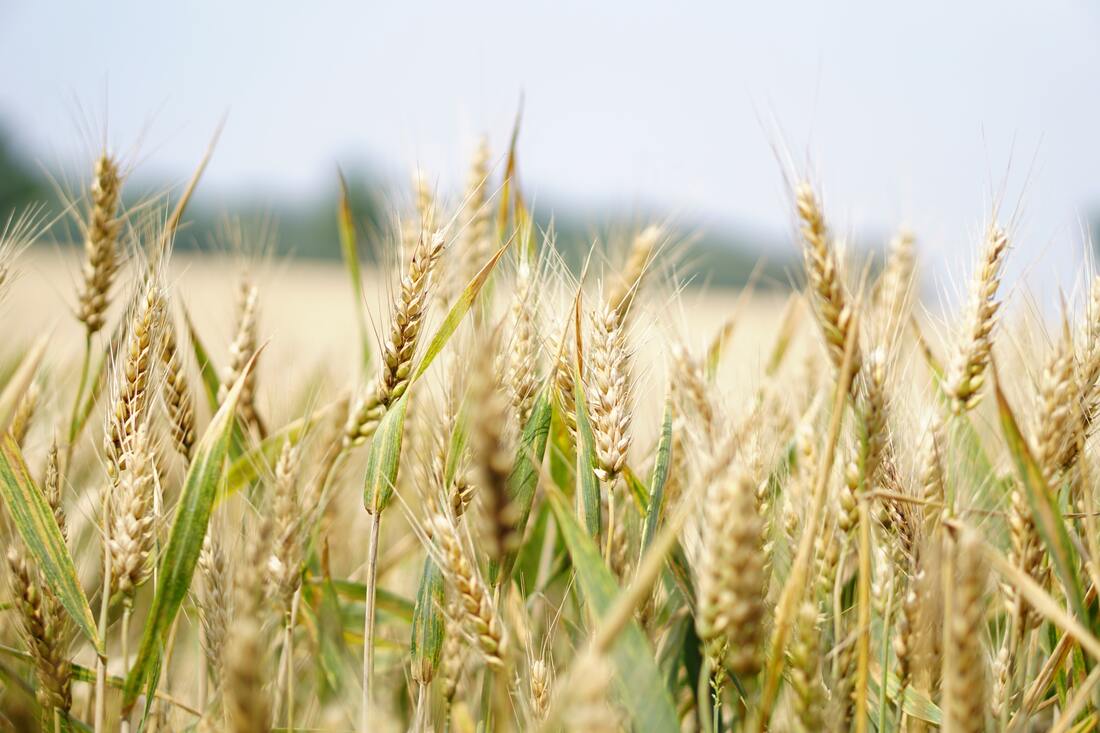|
Psalm 62:1 - "Truly my soul finds rest in God; my salvation comes from Him. Truly He is my rock and my salvation; He is my fortress. I will never be shaken." Soul rest is a deep rest where we follow the example that God gave us after creating the universe. "...On the seventh day He rested from all His work. Then God blessed the seventh day and made it holy, because on it He rested from all the work of creating that He had done." (Genesis 2: 2-3) Our bodies and souls were designed to need rest. In fact, every creature that God placed on earth needs rest. God called the day of rest the Sabbath because we are to stop our normal routines and direct our thoughts and actions toward Him. The fourth of the Ten Commandments says, "Remember the Sabbath day by keeping it holy." (Exodus 20:8)
The Greek word for rest is "anapauo" and its definition includes several possibilities such as refresh, rejuvenate, reinvigorate, and revitalize. Notice the "re" at the beginning of each word which means "anew." These words can apply not only to mankind and the creatures of the world but also to the land. God's instructions to the children of Israel concerning the land are explicit: "When you enter the land I am going to give you, the land itself must observe a sabbath to the Lord. For six years sow your fields, and for six years prune your vineyards and gather your crops. But in the seventh year the land is to have a year of sabbath rest, a sabbath to the Lord. Do not sow your fields or prune your vineyards. Do not reap what grows of itself or harvest the grapes of your untended vines. The land is to have a year of rest." (Leviticus 25:2-5) The Jews call this year the Shemitah year. In His instructions, the Lord makes provision for all people. He is aware that the poor and needy are in a position of not being able to provide for themselves or their families. Their daily existence is a struggle that makes it difficult for them to rest. In Leviticus 25:35 we see where God makes provision for them. "If any fellow Israelites become poor and are unable to support themselves among you, help them as you would a foreigner and stranger, so they can continue to live among you." How would a farmer who is ready to harvest his fields help the poor and the stranger so that they could rest from their worries? Leviticus 19:9 gives instructions on this: "When you reap the harvest of your land, do not reap the very edges of your field or gather the gleanings of your harvest. Do not go over the vineyard a second time or pick up the grapes that have fallen. Leave them for the poor and the foreigner. I am the Lord your God." Jonathan Cahn of Hope of the World Ministries teaches that the Hebrew word for harvest is "Katzeer." He tells us that God's children need to learn the law of the Katzeer which says that we should not reap the ends or corners of our land but leave them for the poor and the stranger so that they may be fed. Since most of us are not farmers, how does this law apply to us? It has to do with our mindset. It requires us to have faith in God that there will always be more than enough. What does this look like? It means making a choice to give away portions of our possessions like time, energy, money, and love. These are the corners of our fields. When we give to others in this way God fills our cups to overflowing and makes our harvests spectacular. |
Joan E. MathiasCategories
All
Archives
July 2024
|

 RSS Feed
RSS Feed